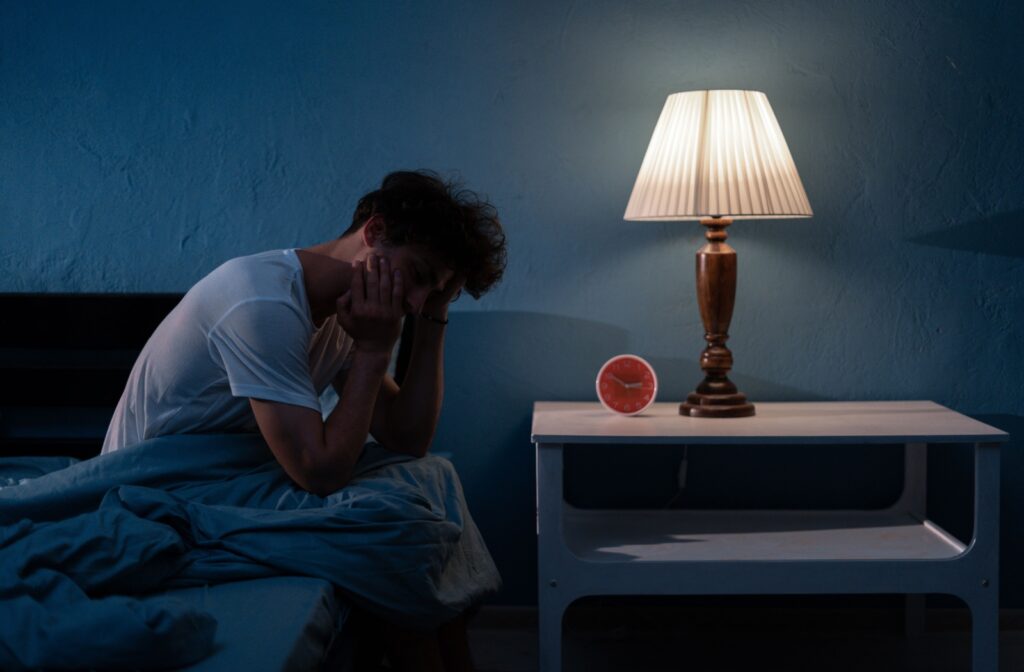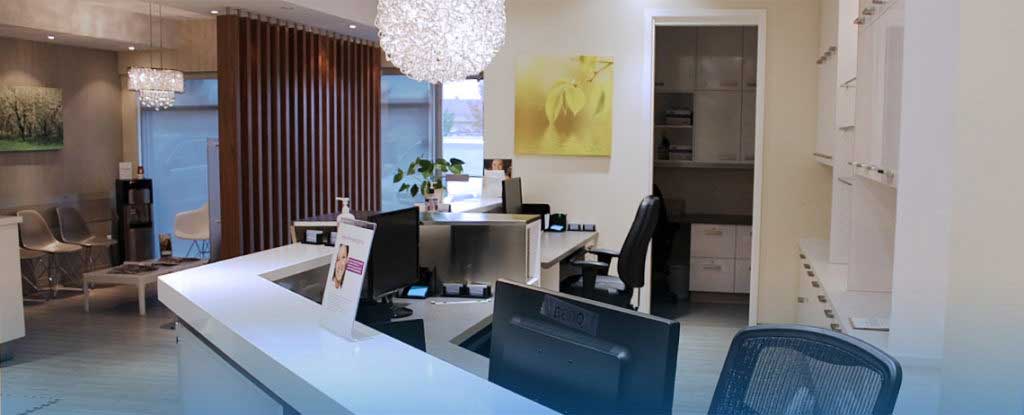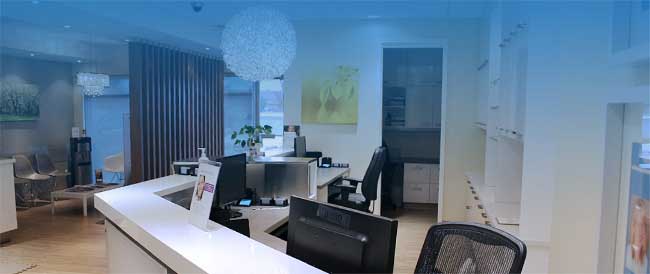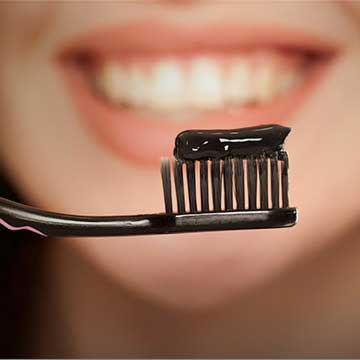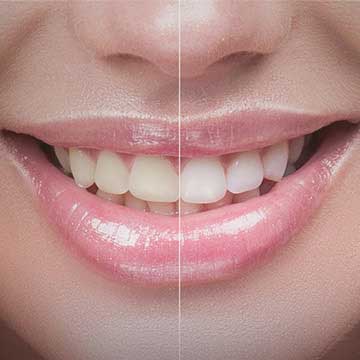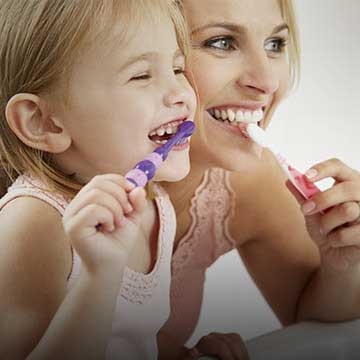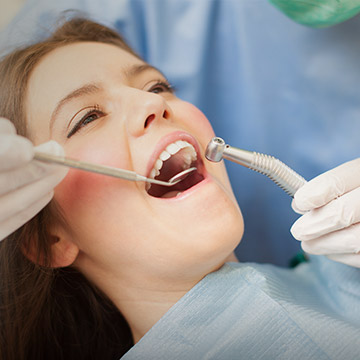A good night’s sleep is essential for overall health, but for many people, undiagnosed sleep disorders like sleep apnea can disrupt their rest and affect their daily lives. In addition to impacting sleep, the condition can also impact your dental health. Since sleep apnea is linked to the throat and palate, your dentist can help diagnose the condition.
You may have noticed your parents snore—which could be a sign of sleep apnea—and wonder whether the sleep disorder is hereditary.
It’s unclear if sleep apnea is hereditary, but since the physical shape of your throat can be a factor, it’s possible to be at higher risk of developing the condition if your parent has sleep apnea.
What Is Sleep Apnea?
Sleep apnea is a common yet serious sleep disorder where breathing repeatedly stops and starts during sleep. This temporary pause in breathing, known as apnea, can last for several seconds or even minutes, often waking the brain from deep sleep. Even if you don’t remember these episodes when you wake up, they can lead to feeling tired during the day.
There are 3 main types of sleep apnea:
- Obstructive Sleep Apnea (OSA) is the most common form, caused by the relaxation of throat muscles while you sleep, blocking your airway.
- Central Sleep Apnea (CSA) occurs when the brain fails to send proper signals to the muscles that control breathing.
- Complex Sleep Apnea Syndrome is a combination of both obstructive and central sleep apneas.
Signs You May Have Sleep Apnea
Symptoms of sleep apnea can differ from person to person, and your partner might be the first to notice something’s off—especially if your snoring is keeping them awake. Here are some signs to watch for:
- Loud snoring with breaks in between
- Waking up with headaches
- Feeling sleepy during the day
- Gasping or choking while you sleep
- Mood swings and irritability
- Trouble focusing or remembering things
- Lower libido levels
- Dozing off behind the wheel
How Sleep Apnea Affects Dental Health
Sleep apnea can obstruct your sleep and lower your energy levels, but it can also affect your dental health. Sleep apnea can cause:
- Bruxism: This is a condition where you grind your teeth at night. This can cause tooth wear, fractures, and jaw pain. If you wake up with a sore jaw or headaches, it might be time to discuss this with your dentist.
- Dry Mouth: People with sleep apnea frequently breathe through their mouths, leading to dry mouth. This condition can increase the risk of cavities, gum disease, and bad breath.
- Acid Reflux: People with sleep apnea are more likely to experience gastroesophageal reflux disease (GERD), where stomach acid flows back into the esophagus, causing discomfort. Repeated breathing pauses can create pressure changes in the chest, worsening acid reflux symptoms during sleep. This not only disrupts rest but can also lead to oral health issues like tooth enamel erosion.
One of the most effective ways to detect sleep apnea early is through regular dental exams. Dentists can spot signs of bruxism, dry mouth, and other indicators of sleep apnea.
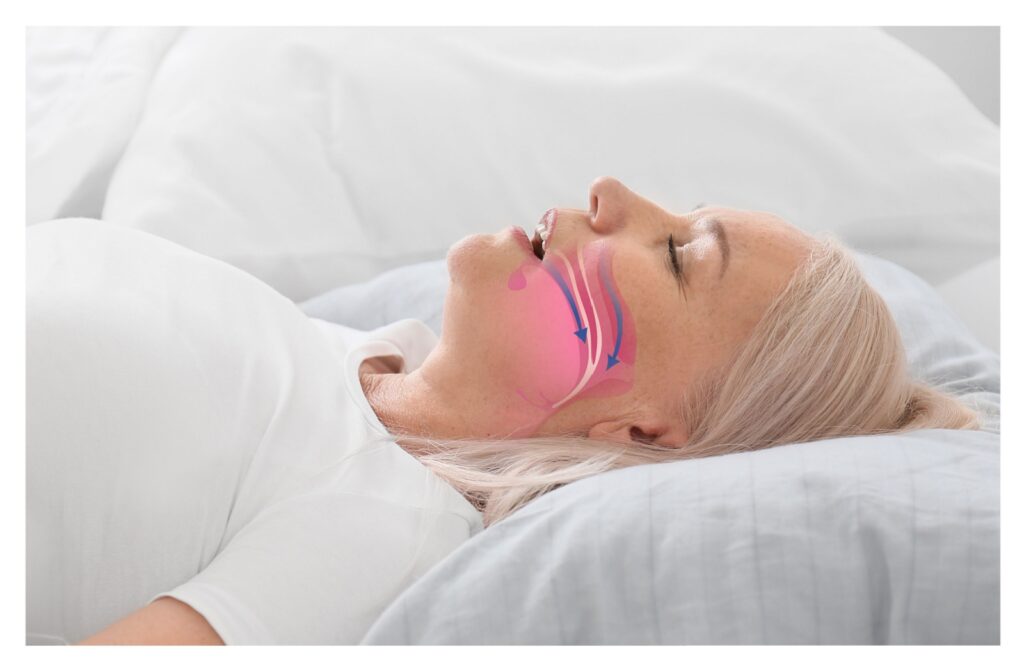
Is Sleep Apnea Hereditary?
Although researchers haven’t pinpointed a direct genetic link to obstructive sleep apnea (OSA), evidence suggests there could be a hereditary aspect to the condition. If you have an immediate relative with OSA, you are at higher risk of developing OSA compared to those without a familial connection.
This increased risk may stem from genetic influence affecting your facial structure, which can predispose someone to obstructive sleep apnea. However, research shows that OSA is only 40% attributable to genetics. Some other factors that may contribute to OSA include:
- Age
- Obesity
- Smoking
- Alcohol and drug use
- Medical conditions
Sleep apnea has also been found to be more common in men.
Preventive Measures & Lifestyle Changes
Addressing sleep apnea isn’t just about treatment. It’s also about prevention and lifestyle changes. Simple lifestyle changes can significantly reduce sleep apnea symptoms. Maintaining a healthy weight, avoiding alcohol before bed, or even simply sleeping on your side can all help improve your sleep quality.
For those diagnosed with sleep apnea, dental appliances can be a game-changer. These custom-fitted devices help keep your airway open while you sleep, reducing the symptoms of sleep apnea and improving your overall health.
Good oral hygiene practices like regular brushing and flossing play a vital role in managing the oral symptoms of sleep apnea. Combining these with regular dental visits helps you take proactive steps to maintain your dental health.
We Can Help You Rest Easy
Sleep apnea is a condition that does more than just disrupt your sleep. It can have lasting impacts on your dental health, often causing teeth grinding and dry mouth.
Regular dental check-ups are a crucial part of detecting and managing the dental issues that may pop up due to sleep apnea. Your dentist can spot early signs and refer you for further evaluation, helping you get the treatment you need so you can get your well-deserved rest.
If you suspect you might have sleep apnea, or if you simply want to keep your dental health in good shape, schedule a dental exam with Otara Dental today. Our team is here to help you achieve a healthier, happier smile!


